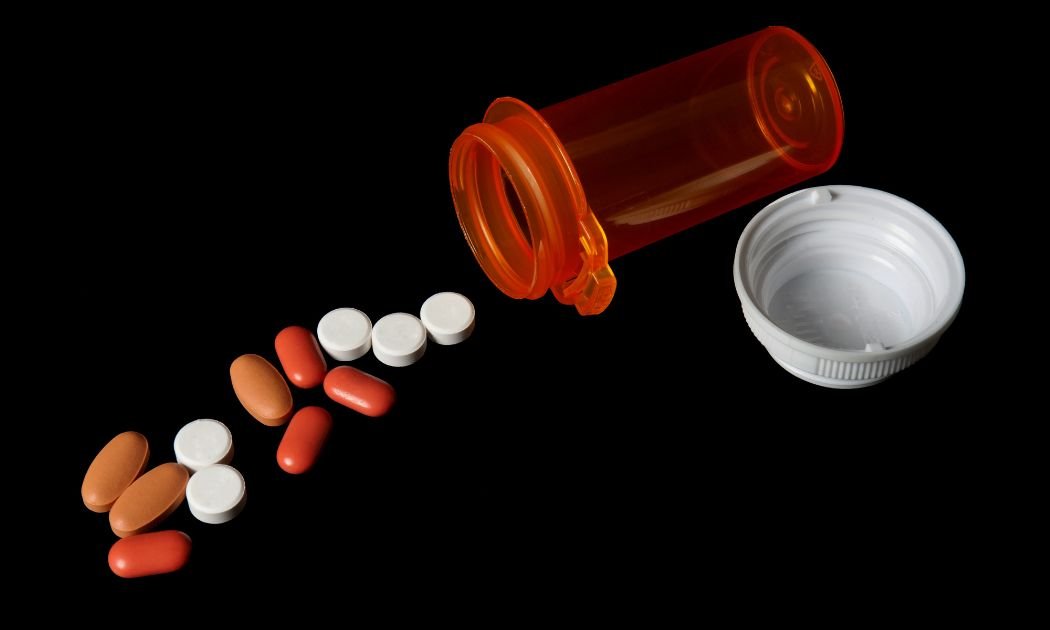BBC – Indian Pharma Firm Illegally Supplying Opioids to Africa
‘Scientists’ Help Evade Regulations, Says Firm’s Executive
February 21, 2025An investigation by the BBC says that an Indian pharmaceutical company, based in Mumbai, is sending banned opioid-based pills to West African countries. The report shows these products fueling a public health crisis in nations such as Ghana, Nigeria and Cote D’Ivoire.
Aveo Pharmaceuticals has been identified as the manufacturer of pills that combine tapentadol, a potent opioid, with carisoprodol, a muscle relaxant, says BBC Eye, which traced shipments of these unlicensed pills, sold under various names including Tafrodol, to markets across Ghana, Nigeria and Ivoirian cities.
According to the investigation, Aveo’s director allowed an undercover operative to film inside the factory, demonstrating the production of these pills. The BBC received on-camera confirmation that Aveo was aware the pills could make users “relax” and get “high.”
Tapentadol-carisoprodol pills pose serious risks, including breathing difficulties and seizures, while overdoses may be fatal. Further, when these substances are mixed, withdrawal symptoms can worsen, leading to anxiety, insomnia and hallucinations.
Carisoprodol is banned in Europe because of its addictive potential, and there is no recognised license for this tapentadol-carisoprodol combination anywhere in the world, noted the BBC.
The BBC’s hidden-camera footage showed Vinod Sharma, an Aveo director, hearing about the plan to target teenage customers and responding with “OK.” He also indicated that taking multiple tablets can induce a state of relaxation, while acknowledging, “This is very harmful for the health,” calling it “business.”
Aveo is also violating Indian law, which requires companies to respect the licensing rules of importing countries, the BBC noted, adding that publicly available records indicate that other Indian companies manufacture similar substances.
Sharma told the BBC that “scientists” in his facility could develop new combinations to evade regulations.
When tapentadol and carisoprodol are taken together, they have a dangerous effect on the central nervous system, intensifying sedation and slowing down brain activity. Tapentadol is a powerful opioid that suppresses pain and breathing, while carisoprodol is a muscle relaxant that also causes drowsiness and sedation. When combined, they amplify each other’s effects, making the user extremely drowsy and disoriented.
One of the most serious risks is respiratory depression. Both drugs slow down breathing, and when taken together, they can cause it to become dangerously shallow or even stop completely. This is the leading cause of opioid overdose deaths. Because carisoprodol also sedates users, it can mask the warning signs of an overdose, increasing the risk of fatal respiratory failure before help can arrive.
The combination also makes addiction more likely. Tapentadol already carries a risk of dependence, and carisoprodol is converted in the body into meprobamate, a highly addictive substance similar to barbiturates, which are a class of sedative drugs that depress the central nervous system, inducing relaxation and sleep but carrying a high risk of addiction, overdose and respiratory failure. When taken together, tapentadol and carisoprodol cause stronger withdrawal symptoms than when used separately. Users may experience severe anxiety, insomnia, hallucinations, tremors and even seizures when trying to stop.
The sedative effects of these drugs also cause extreme drowsiness, confusion and impaired coordination, making accidents and falls more likely. Driving or operating machinery while on this combination is highly dangerous. Carisoprodol also lowers the seizure threshold, meaning that people taking both drugs are at a much higher risk of experiencing seizures.
Stopping these drugs suddenly after regular use can cause intense withdrawal. Tapentadol withdrawal can lead to sweating, nausea, diarrhoea and severe muscle pain, while carisoprodol withdrawal can bring delirium, hallucinations and convulsions.
Because of these dangers, no country has approved this combination for medical use, and experts warn that it significantly increases the chances of overdose and death.
BBC said export data link Aveo Pharmaceuticals and its sister company, Westfin International, to large shipments of these pills into West Africa, where these drugs continue to affect youths and families.

